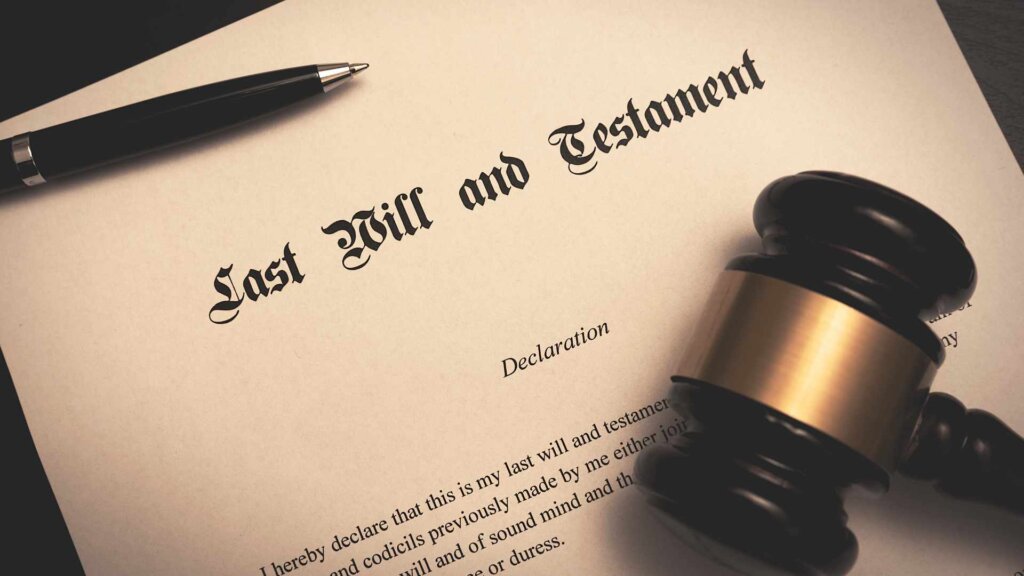
Inheriting a home can bring a mix of emotions and plenty of questions, especially when it comes time to sell. You might be wondering how to price it fairly, handle repairs, or make sure the process goes smoothly without waiting months for a buyer. If that sounds familiar, you’re not alone. Let’s walk through how to find the right price for your inherited home in Northwest Georgia so you can move forward with confidence.
Inheriting a Home Can Be Both a Blessing and a Challenge
Getting a property from someone you loved is often a meaningful gift, but it can come with responsibilities you might not have expected. Repairs, taxes, and legal steps can pile up quickly. If managing another property feels overwhelming or you just want a fresh start, selling might be the better option.
Pricing that inherited home can feel tricky. You want a fair deal, but you also don’t want it sitting on the market for months. Memories can make it hard to see the home the way a buyer would. The good news is that with a clear plan, you can set the right price and make decisions that work for you both financially and emotionally.
Price Competitively to Sell Sooner
A common mistake is setting a price based on hope instead of the market. Many sellers look at similar homes and assume they should aim high, but your timeline matters just as much as the sale price.
In Northwest Georgia, selling a home the traditional way can take months. During that time, you’ll still need to cover taxes, insurance, utilities, and maintenance. Those costs can add up fast and cut into your profits before you know it.
Many people find success by pricing slightly below market value. Doing so usually attracts more interest and leads to a faster sale. While you might make a little less upfront, you save on holding costs and avoid months of stress. At the end of the day, selling sooner often ends up being the smarter financial move, and peace of mind is worth a lot too.
Keep Emotions from Influencing the Price
It’s normal to feel attached to an inherited home. Maybe it was your parents’ house or where you spent holidays growing up. Those memories are priceless, but they can make it tricky to see the property objectively.
Buyers focus on square footage, condition, location, and market trends. They aren’t emotionally connected to the space, so bringing in a neutral perspective really helps.
You can ask a local agent or a cash buyer like We Are Home Buyers to evaluate your home’s value based on the current market. That way, you won’t overprice and end up waiting for offers that may never come. Often, it’s better to price realistically and move on quickly than to let the home sit while you hope for a higher offer.
Factor in Repairs and Condition
Inherited homes often need updates or repairs. Maybe the roof leaks a little, the HVAC system is old, or the walls could use fresh paint. These details matter when setting a price.
You have two main options. You can spend time and money making repairs to list the house at a higher price, or you can sell it as-is and adjust your price for the work buyers will need to do. Many people find selling as-is saves time and reduces stress, especially if they live out of town or don’t have funds for major repairs.
Offering a discount for needed work can attract buyers willing to take on the project themselves. It’s a practical, no-fuss way to move forward while still walking away with a fair amount.
Local Factors to Keep in Mind
Northwest Georgia’s real estate market has its quirks that can affect how you price your inherited home. Property taxes vary by county, which can influence how appealing your home looks to potential buyers.
Timing also plays a role. Spring and summer usually bring more buyers, while fall and winter often slow things down. Selling during a quieter season? Pricing a little lower can help your home stand out.
And don’t forget: probate in Northwest Georgia can take several months. Depending on where you are in the process, you might not be able to sell right away. Once probate is complete, having a clear pricing plan will help you move quickly when the property hits the market.
Extra Tips for Pricing Your Inherited Home Right
Understand the Tax Side
Taxes are often overlooked when selling an inherited home. The good news is the IRS usually applies a step-up in basis, which resets the property’s value to what it was worth when your loved one passed away. That often means you won’t owe taxes on appreciation that happened before you inherited the home. If you sell for more than that stepped-up value, you could owe capital gains taxes on the difference. Checking in with a tax advisor can help you avoid surprises down the road.
Keep Probate in Mind
Probate officially transfers ownership of the home. In Northwest Georgia, it usually takes eight to twelve months, though larger or more complex estates may take longer. Once probate is done, pricing your home competitively can help you sell faster and avoid extra costs while waiting for a buyer.
Consider a Professional Appraisal
Getting an appraisal gives you a clear, unbiased view of what your inherited home is worth. While agents or cash buyers can offer opinions, a professional appraisal looks at every detail and provides a report you can trust when setting a price.
Stay Informed About the Local Market
Northwest Georgia’s real estate market is always changing. Sometimes homes sell quickly at higher prices, while other times buyers have more negotiating power. Knowing whether it’s a seller’s or buyer’s market helps you decide how flexible to be with your price.
Give Yourself Grace
Selling an inherited home isn’t just a financial decision. It can also be emotional. It’s perfectly normal to feel conflicted about letting go. Take your time, ask questions, and lean on professionals or family for guidance. Companies like We Are Home Buyers can make the process easier with a fast, as-is sale and no pressure.
Your Questions About Selling an Inherited Home in Northwest Georgia
Can I sell my inherited house before probate is finished?
Usually not. Probate officially gives you ownership. That said, if the home was in a trust or owned jointly, there may be exceptions. It’s a good idea to check with a probate attorney to understand your situation before making plans to sell.
What paperwork do I need before selling?
You’ll want the death certificate, will or court documents showing your right to sell, the property deed, and information about loans or liens. Having these ready makes the process smoother and shows buyers you’re prepared.
Will I owe taxes when I sell?
Georgia does not charge an inheritance tax, but if you sell for more than the home’s value when you inherited it, you could owe capital gains taxes. Talking with a CPA or tax expert can give you clarity and peace of mind.
How long does probate take?
It usually takes eight to twelve months in Northwest Georgia, though it can vary. Once probate is complete, pricing your home competitively helps you sell faster and avoid extra costs.
What if family members disagree about selling?
Disagreements happen more often than people think. Mediation or legal guidance can help if relatives cannot agree. Open communication early on can prevent delays later in the process.
Can I sell the home if it needs repairs or has tenants?
Yes. Many sellers choose to sell as-is, even with needed repairs. Being upfront helps you price realistically and find the right buyer faster.
Summary
Selling an inherited home in Northwest Georgia can feel overwhelming at first, but with the right plan, it doesn’t have to be stressful. Focus on your timeline, set a fair price, and don’t let emotions cloud your decisions. Make sure you understand your taxes, probate status, and the local market.
If you want to skip repairs and avoid a long waiting period, We Are Home Buyers can help. We buy inherited homes in Northwest Georgia as-is, pay cash, and close quickly. Call us at (706) 670-6886 or fill out the form on our website to get your personalized offer. Let us make this process easier so you can move forward with peace of mind.
